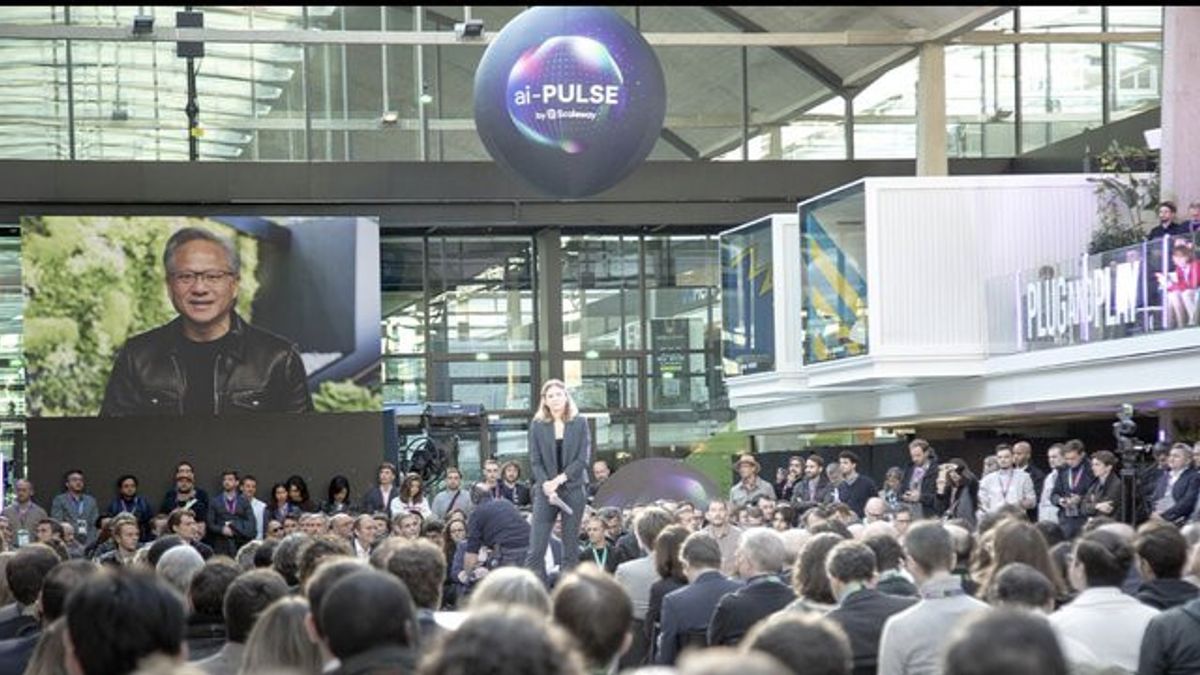JAKARTA - Nvidia has told customers in China that it is delaying the launch of new artificial intelligence (AI) chips designed to comply with US export rules until the first quarter of next year. This was conveyed by two sources who know about this.
The delayed chip is the H20, which is the most powerful of three chips Nvidia is developing to comply with new US export restrictions. The delay could complicate Nvidia's efforts to maintain market share in China against local competitors such as Huawei.
Nvidia, a California-based artificial intelligence chip company, was previously expected to launch this new product as soon as November 16, as reported by SemiAnalysis, this month.
However, the launch of the H20 has now been postponed until the first quarter of next year, according to two sources, with one of them saying that the launch could happen in February or March.
The two sources did not want to be identified because the information is confidential. Nvidia itself declined to comment on the report.
They said that the H20 delay was caused by problems server manufacturers faced in integrating the chip.
Apart from the H20, Nvidia is also planning two other chips to comply with new US export rules - the L20 and L2. Both sources said that the L20 is not experiencing any delays and will be launched according to the original schedule. They cannot share information about L2 status.
Nvidia is betting on these chips to help maintain its market share in China after being barred from shipping products, including its advanced A800 and H800 artificial intelligence chips, by stricter US export rules.
The A800 and H800 were introduced as alternatives for Chinese customers in November 2022, about a month after the US first banned exports of microchips and advanced equipment to China.
SEE ALSO:
The H20, L20, and L2 include most of Nvidia's latest features for AI work, but some of the computing power is reduced to comply with new US export rules, according to a SemiAnalysis analysis of the chips' specifications.
US export restrictions have created opportunities for competitors such as Huawei to win orders that might have previously gone to Nvidia, whose graphics processing units (GPUs) dominate the AI market.
Baidu, China's internet giant, ordered a large number of artificial intelligence chips from Huawei this year, as reported by Reuters this month. One source said that Baidu had done so before the US restrictions were announced because they were preparing for a future where they would no longer be able to buy from Nvidia.
The English, Chinese, Japanese, Arabic, and French versions are automatically generated by the AI. So there may still be inaccuracies in translating, please always see Indonesian as our main language. (system supported by DigitalSiber.id)


















